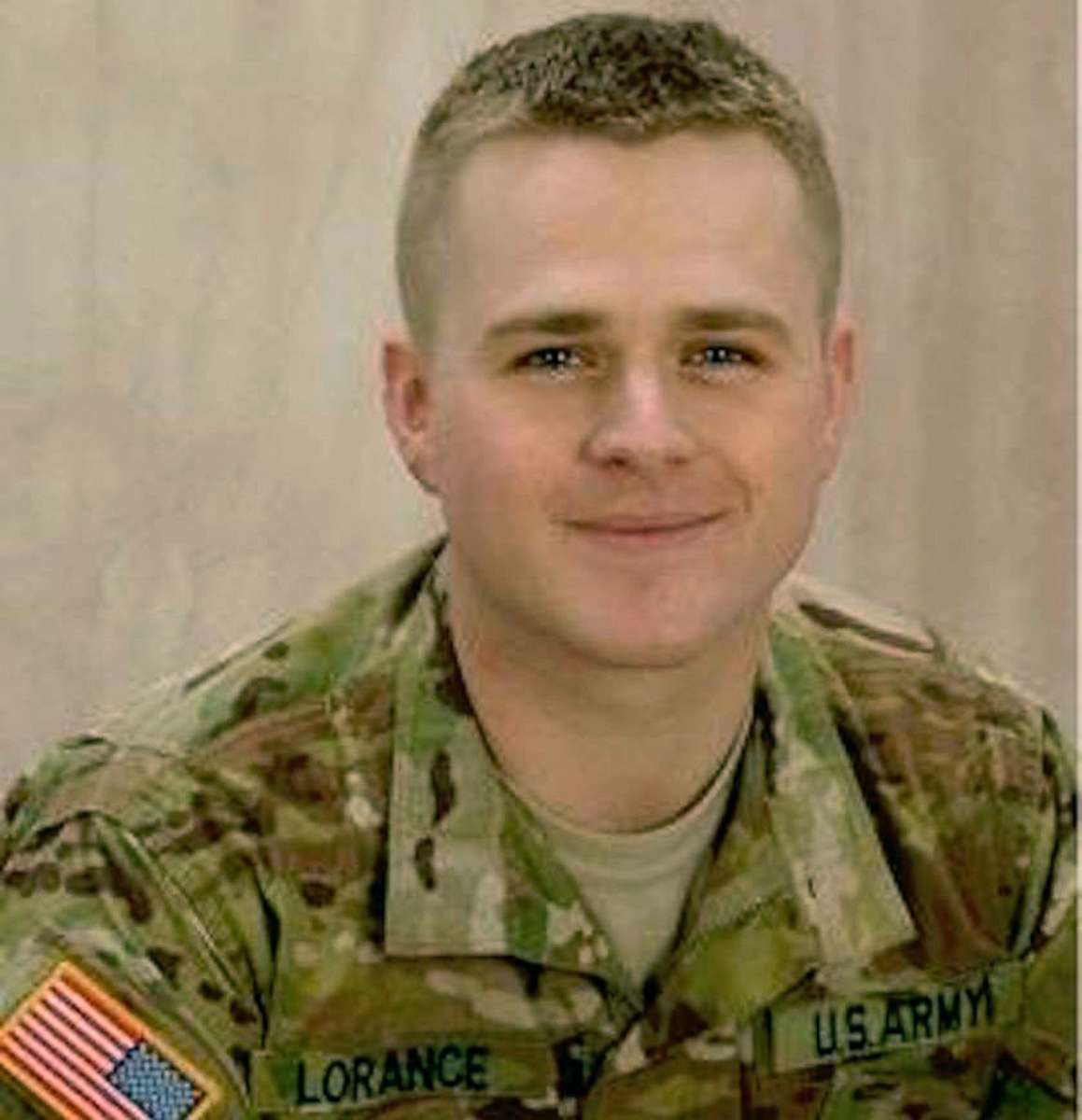Top Democrat presses Hegseth on supporting accused war criminals that Trump pardoned
Hegseth’s respect for the military justice system was questioned in his hearing.
Pete Hegseth told senators on the committee investigating his qualifications to be secretary of defense on Tuesday that “restrictive rules of engagement” have “made it more difficult to defeat our enemies” as Democrats on the panel suggested he undervalued the laws of war.
Hegseth, President-elect Donald Trump’s pick to lead the Department of Defense, told Sen. Jack Reed, the top Democrat on the committee, that it would be his priority “that lawyers aren’t the ones getting in the way” of military effectiveness.
Reed said Hegseth’s advocacy for pardons for convicted war criminals when he was a Fox News host raised questions about his respect for the military judicial process as the members of the committee questioned the nominee.
Reed referenced three acts of clemency Trump took at the end of his first administration and for which Hegseth made a public case, including two convictions by courts martial, saying that in “two of these cases, the military personnel who served in combat with these convicted service members were not supportive of the pardons.”

“They did their duty as soldiers to report war crimes,” Reed said. “Your definition of lethality seems to embrace those people who do commit war crimes, rather than those who stand up and say, ‘This is not right.'”

Shortly before Trump’s pardons in November 2019, Hegseth said the president could take “imminent action” on the convictions of Army Lt. Clint Lorance and Green Beret Maj. Matt Golsteyn for war crimes and the demotion in rank of Navy SEAL Eddie Gallagher, who was acquitted of killing a wounded Islamic State captive but sentenced to four months confinement and a reduction in rank for posing with a corpse during a 2017 deployment to Iraq.
“I’ve thought very deeply about the balance between legality and lethality,” Hegseth told Reed in Wednesday’s confirmation hearing, “ensuring that the men and women on the frontlines have the opportunity to destroy…the enemy, and that lawyers aren’t the ones getting in the way.”

Pressed later by independent Sen. Angus King, Hegseth agreed that the Geneva Convention was the “law of the land,” but that such laws of war existed “above reality” and there was a “tactical distinction” between international laws and fighting on the ground.
“By the time it trickles down to a company or a platoon or a squad level, you have a rules of engagement that nobody recognizes. And then it makes you incredibly difficult to actually do your job on the battlefield,” the combat veteran said.

“We follow rules. But we don’t need burdensome rules of engagement [that] make it impossible for us to win these wars,” he said.
Reed, also an Army veteran, asked Hegseth, “You’ve already disparaged in writing the Geneva Convention, the rules of law, all of these things. How you be able to effectively lead a military in which one of the principal elements is discipline, respect for lawful authority?”
The senator also demanded Hegseth answer for a derogatory term he used to describe Army lawyers in the Judge Advocate General’s Corps, or JAGs, whom he called “jagoffs” in his book “War on Warriors.”
“No infantrymen like Army lawyers,” Hegseth wrote at the time.

Hegseth first refused to elaborate when asked, but, pressed a second time by Reed, offered the term referred to “a JAG officer who puts his or her own priorities in front of the warfighters, their promotions, their medals, in front of having the backs of those are making the tough calls on the front lines.”
Reed replied sarcastically, “Interesting.”
Hegseth acknowledged that the Uniform Code of Military Justice is formed by “laws … set by Congress” when Sen. Elissa Slotkin asked if he’d seek to change them.
Slotkin noted Sen. Lindsey Graham, a South Carolina Republican, was a “JAG officer for most of his life.”
Hegseth said he was only “speaking about particular JAG officers I’ve had to deal with” in his earlier writing.





